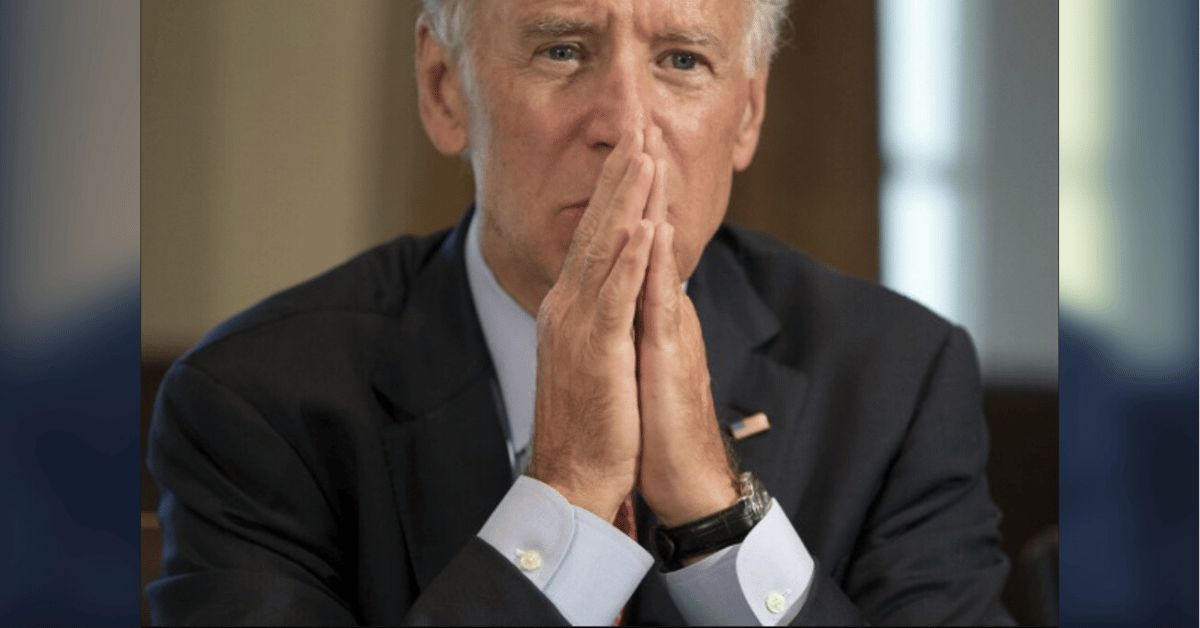



A judicial oversight has necessitated the reopening of sentencing for David DePape, who attacked Paul Pelosi in 2022.
The Los Angeles Times reported that DePape, previously sentenced to 30 years for assaulting Pelosi, will face court again after a significant procedural error was acknowledged by the presiding judge. This incident is a rare judicial misstep that highlights the crucial formalities of legal proceedings.
Paul Pelosi, the husband of former U.S. Speaker Nancy Pelosi, was the victim of this violent assault.
Democrats have insisted that the attack was the result of right-wing attacks on Pelosi but people who knew DePape insist that he was simply very mentally ill.
On October 28, 2022, DePape targeted the Pelosi residence in Pacific Heights, San Francisco. His intent was to abduct Nancy Pelosi, who was not at home, leaving her husband as the unintended victim. The confrontation escalated when DePape and Paul Pelosi struggled over a hammer, culminating in a severe injury to Pelosi.
Initially, DePape was handed a 30-year sentence for the assault and an additional 20 years for attempted kidnapping, with both sentences to run concurrently. This led to a total prison term of 30 years, the maximum under concurrent sentencing guidelines.
The legal proceedings took a turn this Saturday when Judge Jacqueline Scott Corley of the federal court recognized her omission during the sentencing. Defendants, by law, must be given an opportunity to address the court prior to sentencing—a right that was overlooked in DePape's case.
"It was the Court’s responsibility to personally ask Mr. DePape if he wanted to speak. As the Court did not do so, it committed clear error," Judge Corley stated in her filing. This admission of error is unusual and significant, given the high-profile nature of the case.
Following this revelation, the court swiftly moved to correct the oversight. A new sentencing date has been scheduled for May 28, offering DePape the previously denied chance to make a statement.
Legal experts suggest that while the opportunity to speak may not alter the final sentence, it is a necessary step to ensure the fairness and completeness of the judicial process.
The decision to reopen sentencing does not typically suggest a change in the outcome, especially in cases involving severe charges such as this. However, it reinforces the importance of adherence to procedural justice, particularly in cases that draw national attention.
The incident and subsequent trial have highlighted vulnerabilities and the potential for misinformation to fuel criminal acts. DePape’s motivations, rooted in far-right conspiracy theories, demonstrate the dangerous intersection of political extremism and personal action.
As the new sentencing approaches, all eyes will be on whether this procedural correction might influence public perception of judicial accountability and fairness in highly charged political cases.
The reevaluation of DePape's sentence is more than a legal formality; it serves as a reminder of the law's capacity to introspect and correct itself. The attack on Paul Pelosi was not just a personal tragedy but a stark manifestation of political violence, echoing deeply in American politics.
This case continues to be a focal point for discussions about political safety, the impact of extremist rhetoric, and the responsibilities of those in positions of judicial authority.
With the upcoming new sentencing, the legal community and the public await to see if justice, in its truest sense, will be affirmed or if the initial decision holds as the final word on this matter.
In summary, the reopening of David DePape’s sentencing underlines the importance of procedural rigor in the justice system, particularly in cases with significant political and social implications. The oversight by Judge Corley, while initially overlooked, has been rectified, reaffirming the judiciary’s commitment to fairness. The recalibration of this high-profile case may not change the outcome but will undoubtedly leave an indelible mark on public trust and legal precedents.



